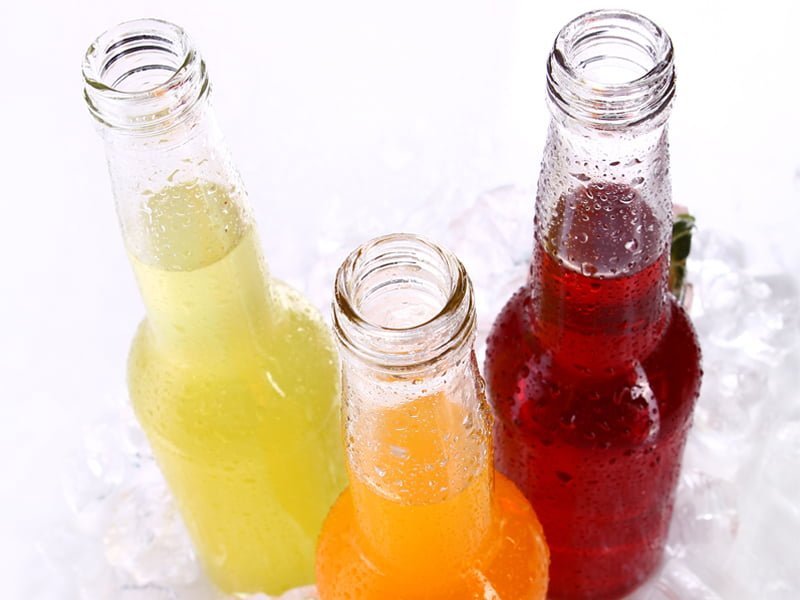In a bid to confront a mounting health crisis, Nigeria is intensifying its efforts to curb the consumption of Sugar-Sweetened Beverages (SSBs). These seemingly harmless sugary drinks, have come under heavy scrutiny as health advocates rally for stricter taxation measures and public awareness campaigns to combat the rising tide of Non-Communicable Diseases (NCDs).
Akinbode Oluwafemi, Executive Director of Corporate Accountability and Public Participation Africa (CAPPA), addressed a recent press briefing organized by the National SSB Tax Coalition in Abuja. He underscored the primary objective of the tax, stating, “The tax is fundamentally designed to combat the rampant overconsumption of SSBs, which are associated with over 15 types of cancer, obesity, diabetes, and other NCDs.”
Oluwafemi further emphasized the consensus among global health authorities regarding the adverse impact of SSBs on health, as well as their far-reaching implications on social, economic, and environmental well-being.
Yet, concerns are mounting over concerted efforts to disseminate misleading information, orchestrated by entities determined to undermine the well-being of Nigerians. These actors, according to Oluwafemi, persistently target government pro-health initiatives aimed at steering the nation away from unhealthy dietary habits and lifestyles.
“While our primary goal is to reduce overconsumption, it’s crucial to reiterate that these beverages offer no nutritional value to the human body and, therefore, can be entirely avoided for the greater good of society,” Oluwafemi stated.
He went on to express concern about the tactics employed by manufacturers of these unhealthy products and their affiliated groups, such as the Manufacturers Association of Nigeria and Organized Private Sector. These groups have launched a media campaign characterized by misinformation and threats against the federal government.
In response to these developments, CAPPA has taken a strong position, advocating for an increase in the SSB tax to a minimum of 20 percent of the final retail price. Oluwafemi emphasized that the current rate of N10 per litre has been absorbed by the industry and has proven insufficient to achieve the desired reduction in consumption and NCD prevalence.
“For meaningful impact, the government must immediately raise the tax to at least 20 percent of the final retail price of SSBs. Additionally, a legislative framework should be established to ensure the tax’s long-term sustainability, with provisions for adjustments to counter inflation,” he added.
The Federal Ministry of Health addressed the situation by establishing an ad-hoc committee tasked with ensuring the effective and sustainable implementation of the SSB tax in the country.
Inaugurating the ad-hoc committee, the director of the Public Health Department at the Federal Ministry of Health, Dr. Chukwuma Anyaike, highlighted its pivotal role in addressing excessive SSB consumption and developing comprehensive, coordinated, and sustainable strategies for the SSB tax regime.
Dr. Anyaike further outlined the committee’s terms of reference, which includes working to expand the scope of the SSB tax to include a wide range of sugary drinks and determining the most effective legislative framework.
Stakeholders and partners involved in the fight against Non-Communicable Diseases have lauded the Federal Ministry of Health’s unwavering commitment to public health. They reaffirmed the importance of these efforts in the face of industry opposition and disinformation campaigns, underscoring their dedication to safeguarding the well-being of the Nigerian populace.


